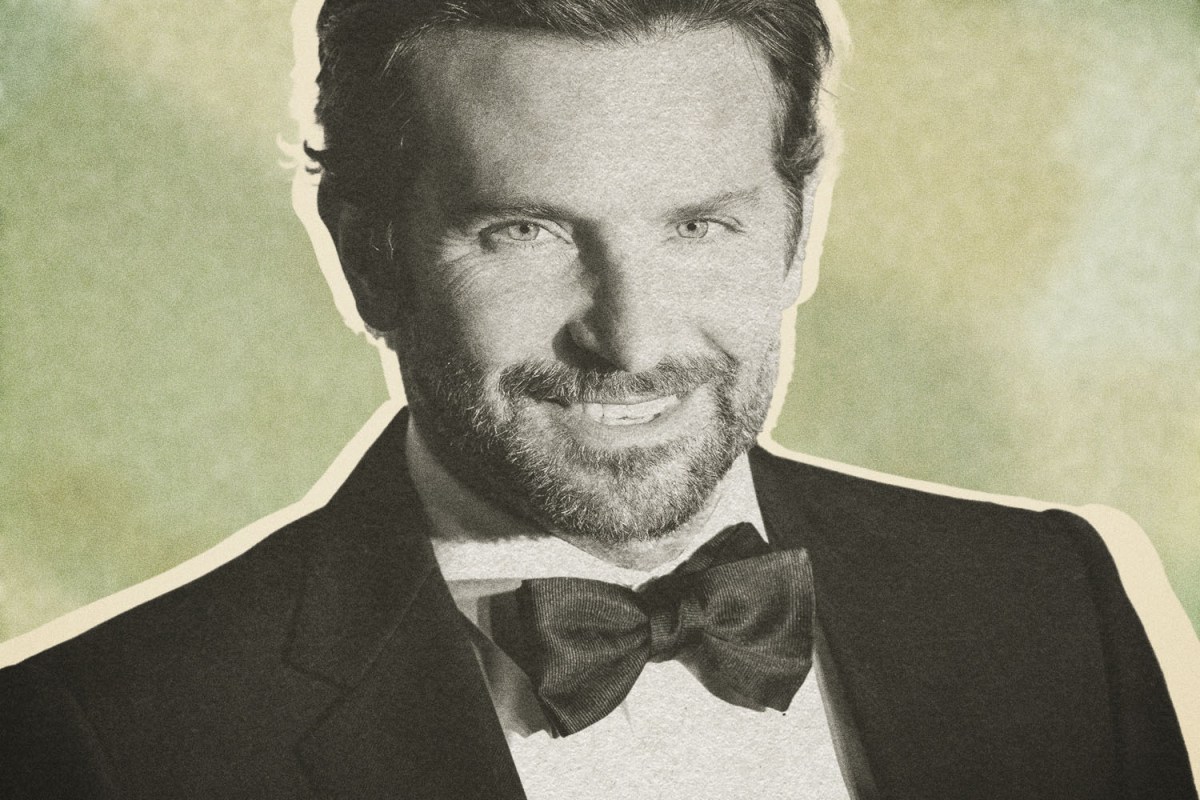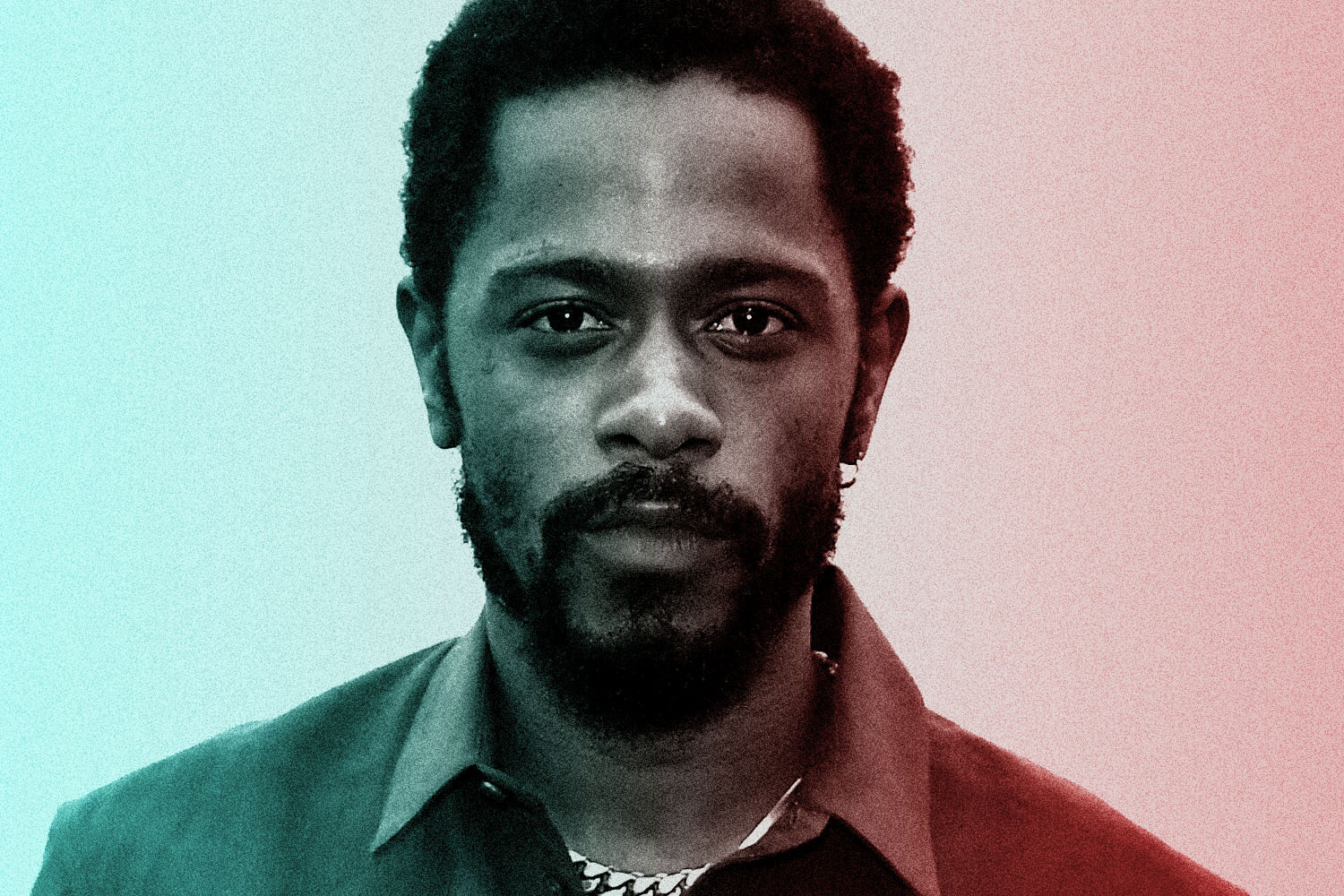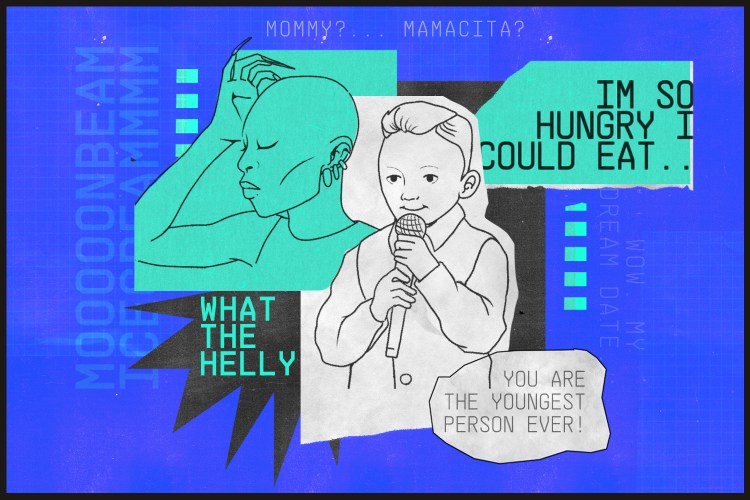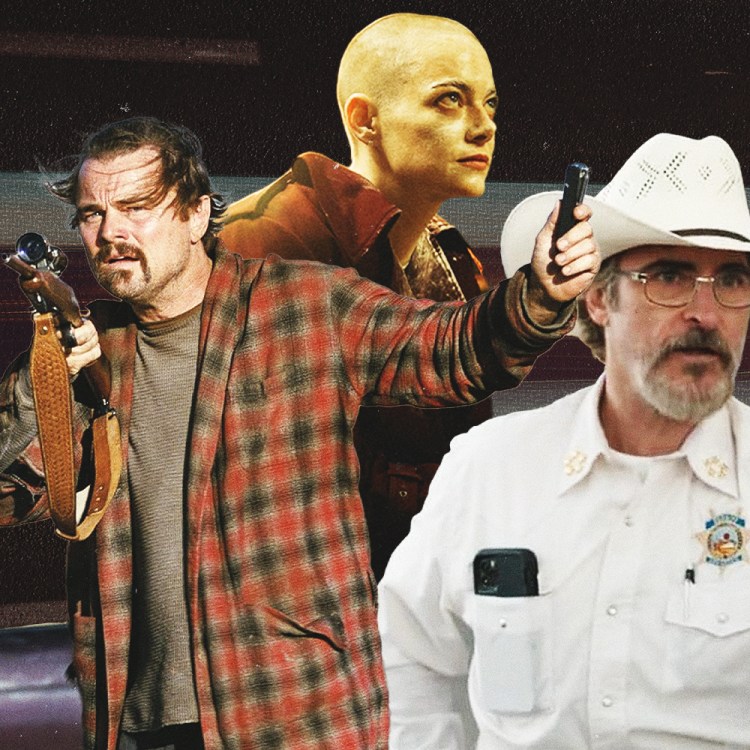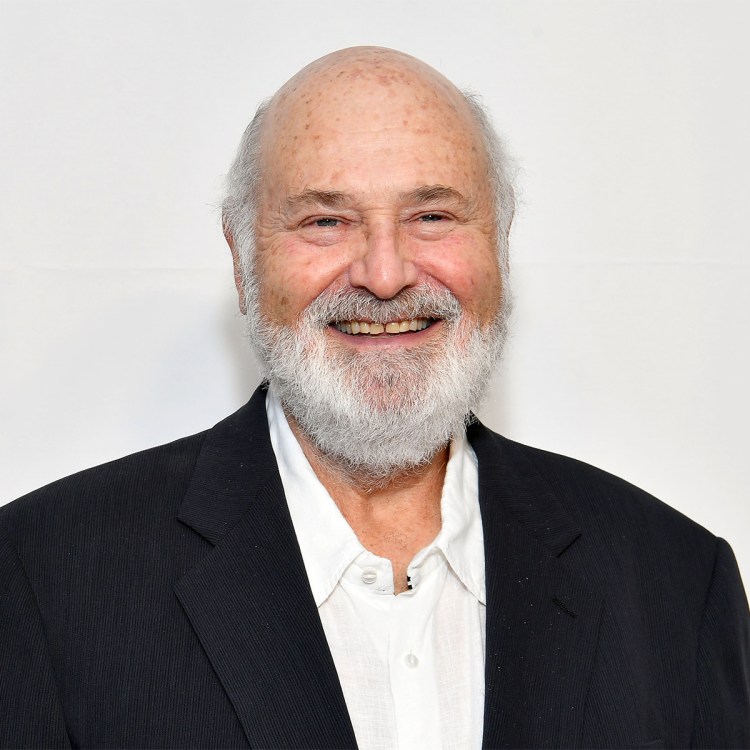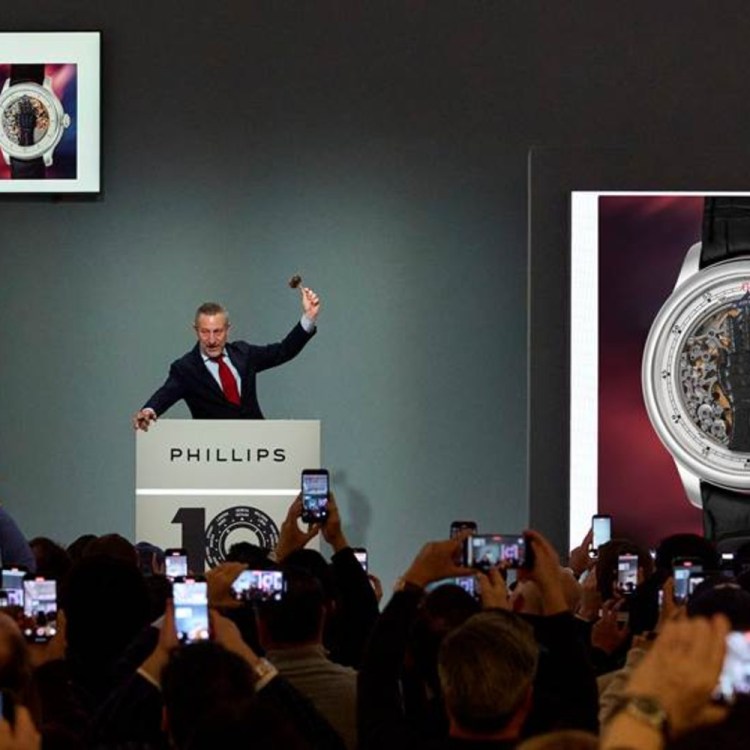In a 2012 interview with The Telegraph, Bradley Cooper divulged his artistic origin story. His boyhood dreams of enlisting in military school and training in Japan for a career as a ninja were back-burnered when his father took him for a fateful viewing of David Lynch’s 1980 film The Elephant Man. “It floored me,” he recalled, “and I became obsessed with it.” Instantly transfixed, a young Cooper decided then and there to pursue the life of an actor, going on to revisit this formative text in his grad school thesis and, once he had achieved some fame of his own, again on Broadway in 2014. His take on Joseph Merrick drew attention for the daring choice to eschew prosthetics and instead convey the real-life figure’s severe facial and bodily deformity through pure performance. With his torso twisted and face gurned to the point of resembling misshapen clay, he declined external help and instead conjured a certain animalistic quality from within himself to be measured against his core humanity.
That negotiation between civility and our baser impulses — the ego versus the id, for the psychoanalytically inclined — forms the foundation of Cooper’s classical leading-man screen persona. One of our last true movie stars has spent the majority of his career reiterating the internal tension of the role he’s clung to like Rosebud, coaxing out the troubled chaos from within put-together men. That’s definitely the case in his latest appearance, as unraveling carnie con Stan Carlisle in Guillermo Del Toro’s remake of the 1947 noir classic Nightmare Alley, which repeats the phrase “man or beast?” like a dark mantra. The subtext is laid on thick, indicative of the obviousness that somewhat holds the film back, but the emphasis on placid surfaces and the messiness snarling beneath them suits Cooper as well as the tuxedo he sports in his faked demonstrations of psychic powers. As a handsome dupe unwittingly allowing the dysfunction to be pulled out of his soul, he gives his most vulnerable and harrowing performance to date.
If we’re really going to start at the beginning, Cooper’s film debut in cult comedy par excellence Wet Hot American Summer can fit into this framework, his roiling lust for fellow counselor McKinley veiled by heterosexuality until it’s consummated in a sweaty, tube-socked cabin romp between the boys. But the “Bradley Cooper” that’s crystallized in the public imagination first took shape in 2009 with his breakout turn as alpha douche Phil in The Hangover. Introduced to us as literally too cool for school, zipping out of his teaching job faster than most of the students, he’s a prettyfaced sunuvabitch who’s updated the fratty antics presumably honed in college for the last gasp of adulthood. That reckoning comes with the wedding of his best friend and the blacked-out night of debauchery preceding it, during which the caddish Phil must accept that he won’t be the guy who can get any girl forever. As he hurtles toward forty, his behavior starts to look like lechery that’s just sad in the cold light of day.
Though that film’s upbeat dudes-being-dudes atmosphere mostly relegated this character arc to the margins, the projects Cooper claimed after hitting the A-list would foreground the turmoil. His transition into Serious Acting was largely facilitated by David O. Russell and their mid-‘10s triptych that dominated box offices and awards ballots. Cooper earned a pair of Oscar nominations for Silver Linings Playbook and American Hustle, two films in which he portrays unstable personalities on opposite sides of the need for control. The first cast him as a recently released mental patient trying to keep a handle on his bipolar disorder and close the cracks that broke up his life. FBI agent Richie DiMaso, conversely, starts out as meticulously collected — every hair-curler in place — and falls to pieces in a torrent of cocaine, horniness and egomania. As he sinks further into derangement, he grows more and more obsessed with the chain of command on his mission to cleanse corruption, clutching his position of authority as proof that he’s got it all together.
In either instance, the hotbed of unrest invariably seeps out until it flares up in explosive displays of self-destruction. Both American Sniper and his directorial debut A Star Is Born find Cooper’s characters floundering as they cope with a traumatic inner void, whether that’s linked to PTSD from the war in Iraq or stemming from alcoholism and drug dependency. Active soldier Chris Kyle and rock star Jackson Maine share an awareness about the images their occupations project, two jobs reliant on a masculine sense of command. They aspire to the greatness everyone has been led to expect from them, the inability to conceal their weaknesses lending both a tragic edge. They want to be the Marlboro Man that Cooper’s face, build and charm all suggest, afraid of disappointing the women who’ve already bought into that profile.
They cut a sharp contrast with Cooper’s stellar one-two punch of performances in 2021, which invert this sympathetic dynamic to more loathsome ends. Rather than trying to live up to their own stature, Nightmare Alley’s Stan and Licorice Pizza’s volatile one-scene wonder Jon Peters are untrustworthy smooth operators testing how much their good looks will let them get away with. Peters stomps into the ambling narrative of Paul Thomas Anderson’s latest film like a coked-up raptor, prowling and sniffing for his prey. He locks on to young Gary Valentine and traps him in conversation, threatening to kill the kid’s family after bragging about shtupping Barbra Streisand. From there, he turns on Gary’s crush Alana Kane and hits on her the same way he might actually hit someone, relentless and at full force. He’s liable to combust at any second, and that fuse will indeed light up when his car runs out of gas, but we first see the refined seducer who’s good enough with women to have earned his arrogance. It’s only once a person gets close that they can tell how unsavory this well-dressed, well-coiffed creep really is.
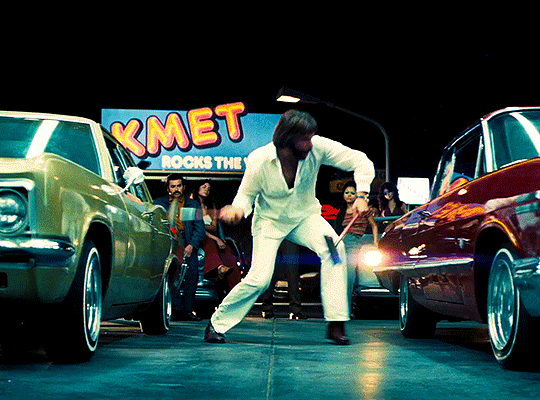
Stan traffics in a similar sleaze with more finesse, bringing delicacy to the hazardous pairing of magnetism with more unpredictable, undesirable traits. He initially presents as a flim-flam man like any other, albeit with heavier baggage; he goes right from burying and torching his estranged father’s corpse to the carnival where he’ll fleece himself a living. While Stan perpetuates the hoax that he possesses some hazy variant of telepathy, his actual power is a lot closer to being Bradley Cooper, wielding his irresistible smile and sex appeal to captivate suggestible marks. He effortlessly sweet-talks Toni Collette’s fortune-teller and the amazing electric girl Rooney Mara, every bit as silver-tongued as The Hangover’s Phil, but with his come-ons tweaked from “dashing douche” to “slicker swell.”
Stan’s first two conquests don’t realize what a snake he is until he’s already extracted what he wants from them, but he gets more than he bargained for when he tries to pull the same swindle with psychotherapist Dr. Lillith Ritter (Cate Blanchett). She immediately clocks him as a chiseler, calling out the elaborate system of invisible signals that makes his faux-ESP act work. When he later visits her office and makes her an offer to go in on a new hustle together, she starts to get her mental hooks in him and soon realizes that the crafty grifter isn’t his innermost truth at all. Through manipulative subterfuge, she digs deeper and finds a guilty, fearful, fragile slip of a man beneath the bravado. Then she does what she does best, a dirty game she’s just a little better at than he is, and puts the thumbscrews to his weak spots until he’s left in a state of feral desperation.
Nightmare Alley plumbs the typical Cooper duality to find a third self, the wounded boy concealed behind not just the facade, but also the morally compromised interior he hides from the world. The shrewd, exacting Ritter locates the parts he’s tried to hide from himself, a revelation that makes all of Cooper’s past work richer in retrospect. When he constructs a character only to reveal that figment’s private frailty, we’re still seeing what he — the actor, putting up a front in the same manner as Stan — wants us to see. With a character like Chris Kyle or Jackson Maine, Cooper can expose the pain while still keeping something to himself. In his most layered showing to date, he lets us get a little closer by giving life to a man more frightened of being seen than anything else. Stan’s neither man nor beast, too craven to qualify as the former and too easily broken to be the latter. He creates a false choice to obscure himself, attempting and failing to keep everyone at the arm’s length that Cooper still enjoys.
This article appeared in an InsideHook newsletter. Sign up for free to get more on travel, wellness, style, drinking, and culture.
